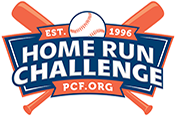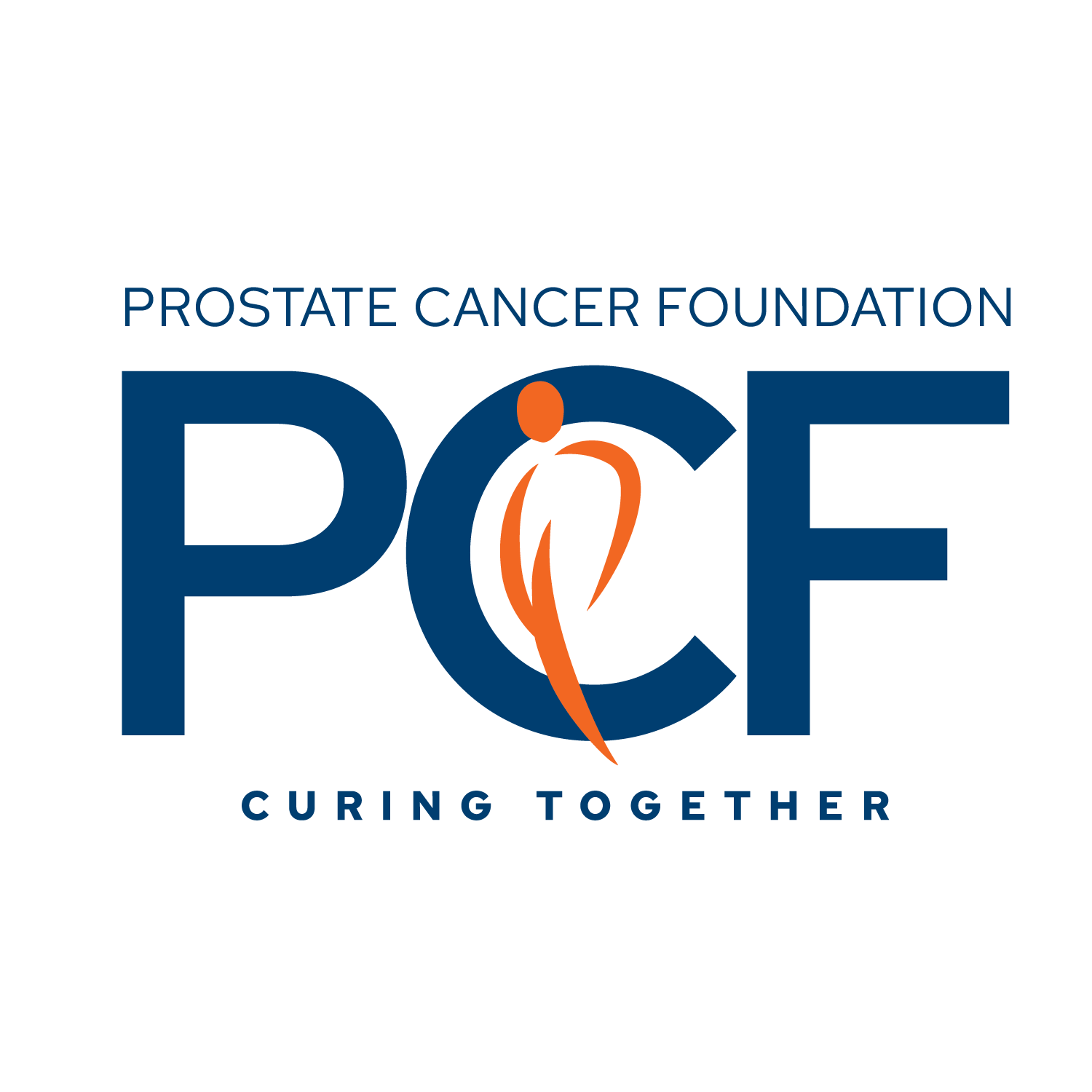Mike’s 2024 Tour
Touring with our chairman
Wednesday, May 22
Mariners at Yankees
New York
7:05 PM
Thursday, May 23
Rangers at Phillies
Philadelphia
1:05 PM
Friday, May 24
Mariners at Nationals
Washington D.C.
6:45 PM
Sunday, May 26
Orioles at White Sox
Chicago
1:10 PM
Monday, May 27
Phillies at Giants
San Francisco
2:05 PM
Tuesday, May 28
Yankees at Angels
Los Angeles
6:38 PM
Tuesday, June 11
Blue Jays at Brewers
Milwaukee
7:10 PM
Wednesday, June 12
Rockies at Twins
Minnesota
12:10 PM
Thursday, June 13
Braves at Orioles
Baltimore
1:05 PM
Thursday, June 13
Marlins at Mets
New York
7:10 PM
Friday, June 14
Cardinals at Cubs
Chicago
1:20 PM
Saturday, June 15
Rangers at Mariners
Seattle
4:15 PM
Sunday, June 16
Royals at Dodgers
Los Angeles
1:10 PM
Major League Baseball and the Prostate Cancer Foundation have been partners since 1996.
This year prostate cancer is projected to be the 2nd leading cause of cancer death in men (after lung cancer). In fact, in 2024, projected diagnoses of prostate cancer will comprise 29% of all new cancer diagnoses in men.
In 2024, more than 288,000 U.S. men will be diagnosed with prostate cancer, and nearly 35,000 will die from the disease. That’s one new case diagnosed every 2 minutes and another death from prostate cancer every 15 minutes.
In the United States, 1 in 8 men will be diagnosed with prostate cancer in his lifetime.
For Black men, 1 in 6 will develop prostate cancer and are more than twice as likely to die from the disease.
A non-smoking man is more likely to develop prostate cancer than he is to develop colon, bladder, melanoma, lymphoma and kidney cancers combined.
It is estimated that more than 3 million U.S. men are living with prostate cancer.
As men increase in age, their risk of developing prostate cancer increases exponentially. About 6 in 10 cases are found in men over the age of 65.
Prostate cancer can be silent — it’s important to get checked, even if you have no symptoms.
Men with relatives—father, brother, son—with a history of prostate cancer are twice as likely to develop the disease.



